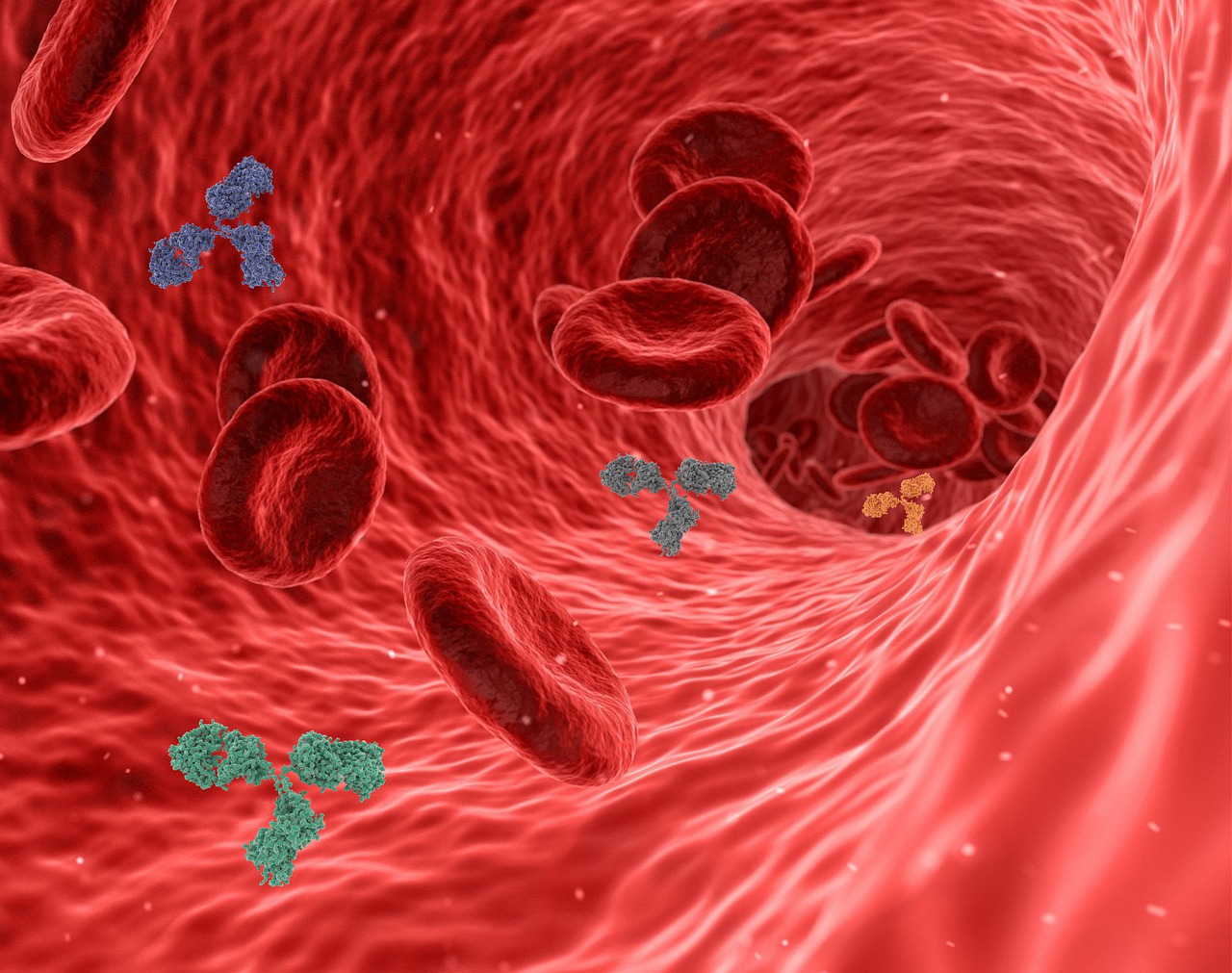As Kiwis continue to get booster doses against Covid-19, the SMC checked in with experts for the latest on how immunity changes over time, peak immunity, and the future of boosting.
Associate Professor Helen Petousis-Harris, Vaccinologist, University of Auckland, comments:
“Immunity matures over time and while the antibodies in our blood start to wane a few months after vaccination, our long-term memory slowly develops, including in its ability to respond to variants of the virus. This all means that over time we lose our protection against infection but generally maintain protection against serious illness.
“After our initial immune response to the first two doses has developed – a process taking several months – administration of a booster results in a burst of antibodies that is higher and also more diverse than the earlier antibodies. This burst of antibodies is pretty good at preventing infection and mild symptoms. This also means that a boosted person is less likely to transmit the virus to others compared to an un-boosted person.
“I think New Zealanders are in a good position having been very recently boosted. We will have most of our population facing Omicron with the best immunity we can provide. It won’t be perfect but it will make a very big difference to the number of folk getting sick.
“I don’t envisage a future of endless boosters. Also, new formulations that better target the current variant of concern will likely appear. The trick is to enable people to gain immunity as safely as possible. As the world’s population becomes more and more resistant to this virus and its variants, it is more likely going to become a matter of keeping people who are most at risk boosted – such as the elderly – or, more likely, a formulation targeting the most common variants.
“In countries that commenced vaccination at the end of 2020 there have now been many months since the first recipients were originally boosted. In these settings some people are getting a fourth dose to bring their antibodies back up. I doubt this is of significant value to people at low risk of serious disease.”
Conflict of interest statement: Helen is a member of the COVID-19 Immunisation Implementation Advisory Group (IIAG) and Covid Vaccine Technical Advisory Group (CV-TAG).
Professor Graham Le Gros, Immunologist, Director Malaghan Institute of Medical Research; and Programme Director Vaccine Alliance Aotearoa New Zealand – Ohu Kaupare Huaketo, comments:
What’s the latest on how immunity after getting vaccinated changes over time, and what does this mean for Kiwis heading into winter?
“The latest data says that the vaccine booster gives the best and longest immunity against both the Delta and Omicron variants which are spreading in NZ. The vaccine booster-induced immunity should protect the bulk of the New Zealand population for this winter.
“As we return to more normalised border arrangements we have to prepare for the resurgence of seasonal flu this winter, so also be proactive for your flu vaccine.”
What is known about peak immunity, and what milestones are important for our vaccine rollout?
“We know that you need the booster-induced immunity to be protected against Omicron. The second shot is not enough.
“Getting the booster shot up to the 90% mark for all groups in New Zealand is an important milestone.”
Can we keep boosting our way out of these changes to immunity?
“No, regular boosting with current vaccines is not the best long-term strategy. Major efforts are underway both here in New Zealand and overseas to develop a vaccine that targets all COVID-19 variants and creates immunity for 5-10 years.”
What do we know so far about a fourth dose of the Pfizer vaccine?
“Not enough is known yet about the fourth dose – second booster – with respect to how long immunity lasts, or how protective it is against all variants, to be able to make a meaningful statement.”
“The New Zealand population has done a terrific job in getting themselves vaccinated to the degree they have. We have had access to a good vaccine that once boosted gives protection against all the current variants of COVID-19.
“New Zealand is in the best possible position for facing the circulating COVID-19 Delta and Omicron strains.”
Conflict of interest statement: Professor Le Gros is Programme Director of the Government-funded Vaccine Alliance Aotearoa New Zealand – Ohu Kaupare Huaketo, a partnership between the Malaghan Institute, the University of Otago and Victoria University of Wellington.
